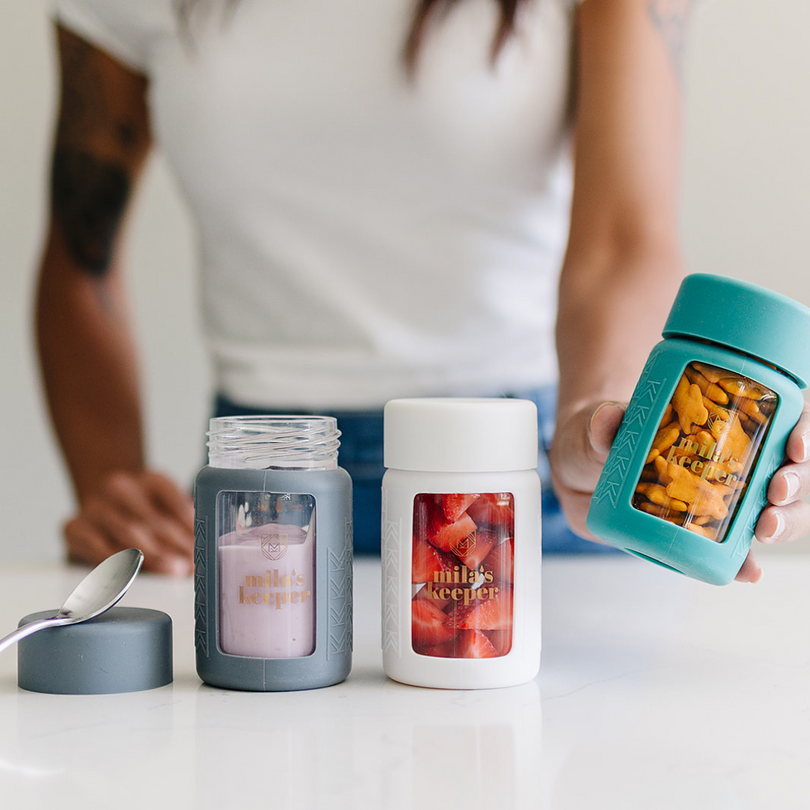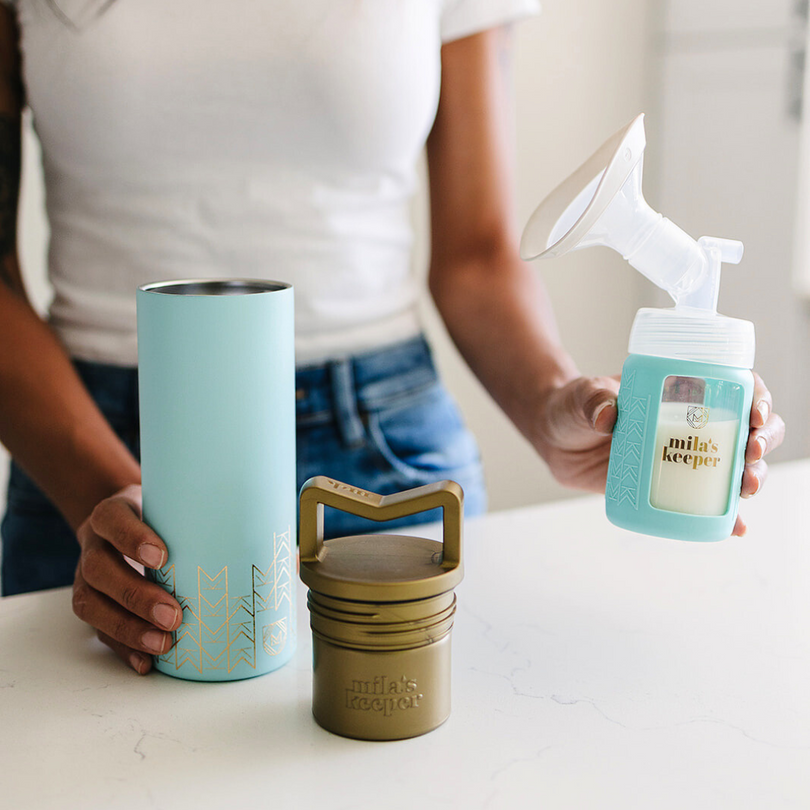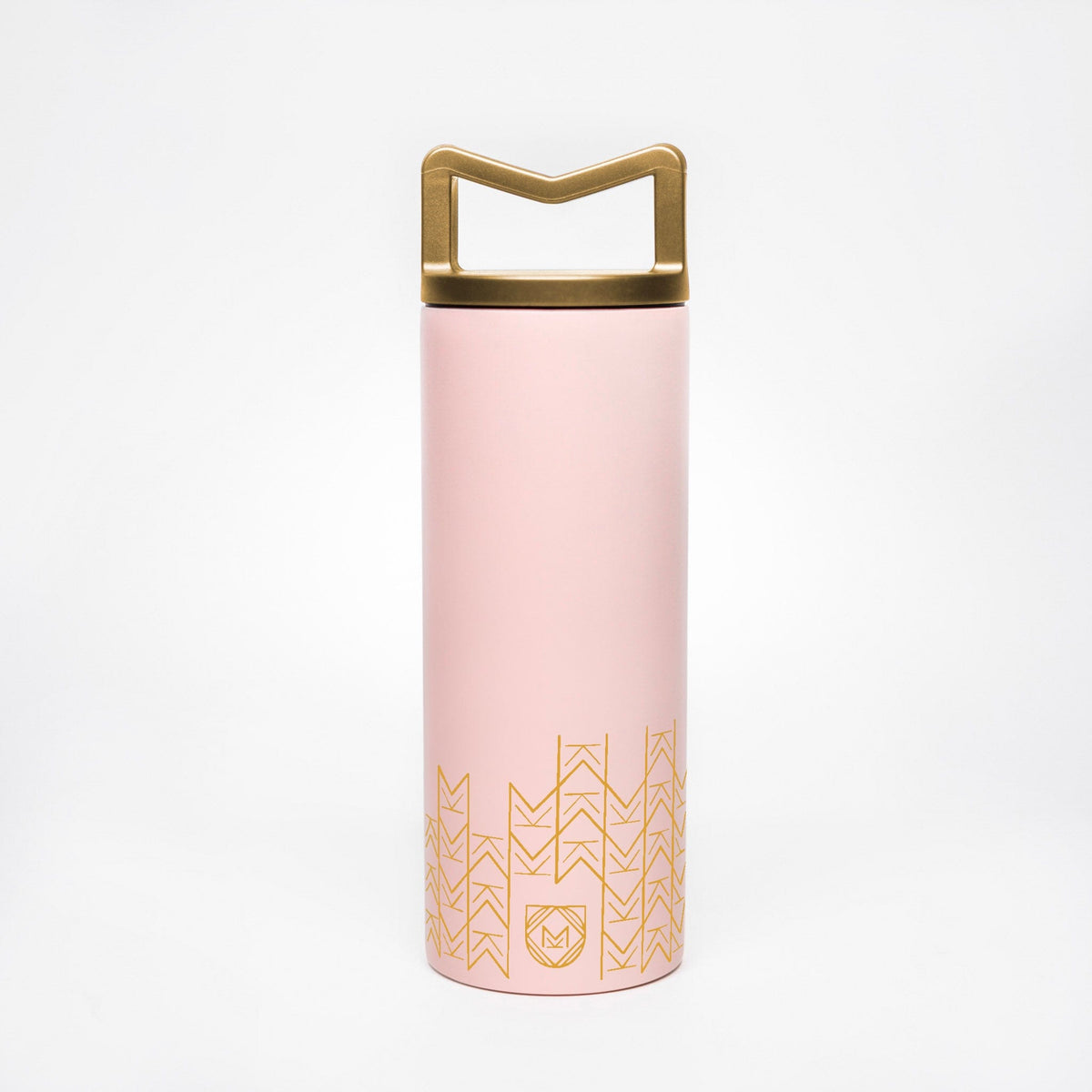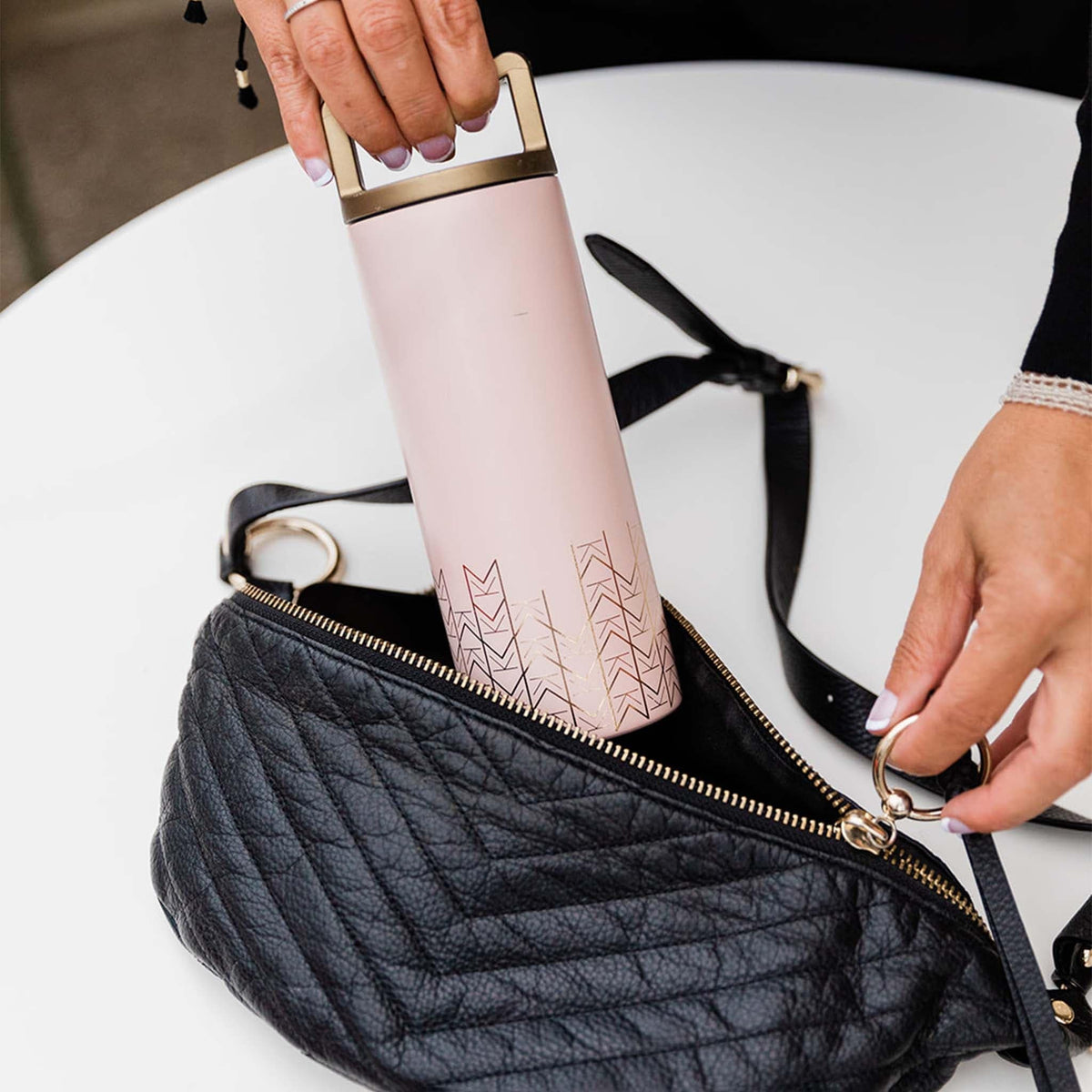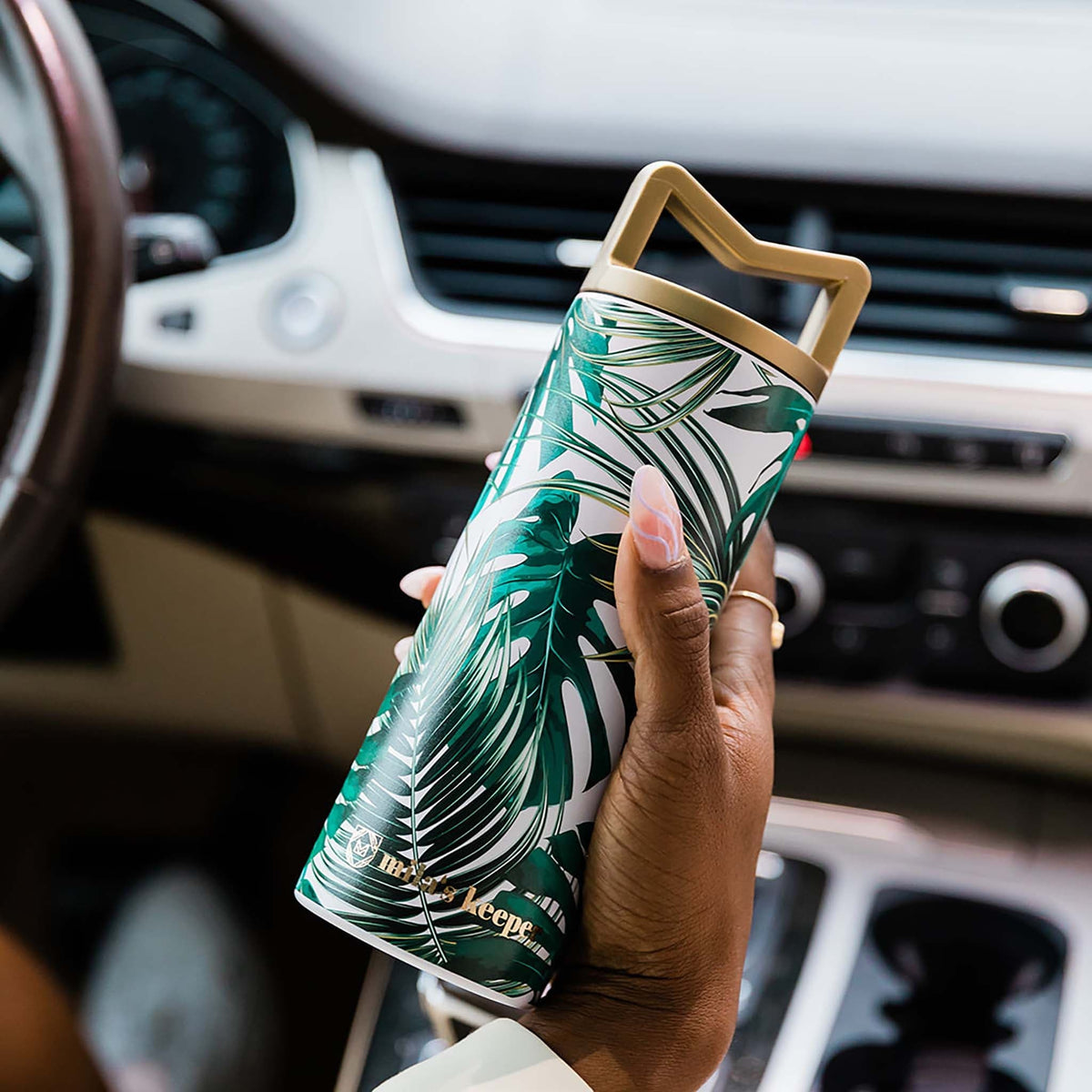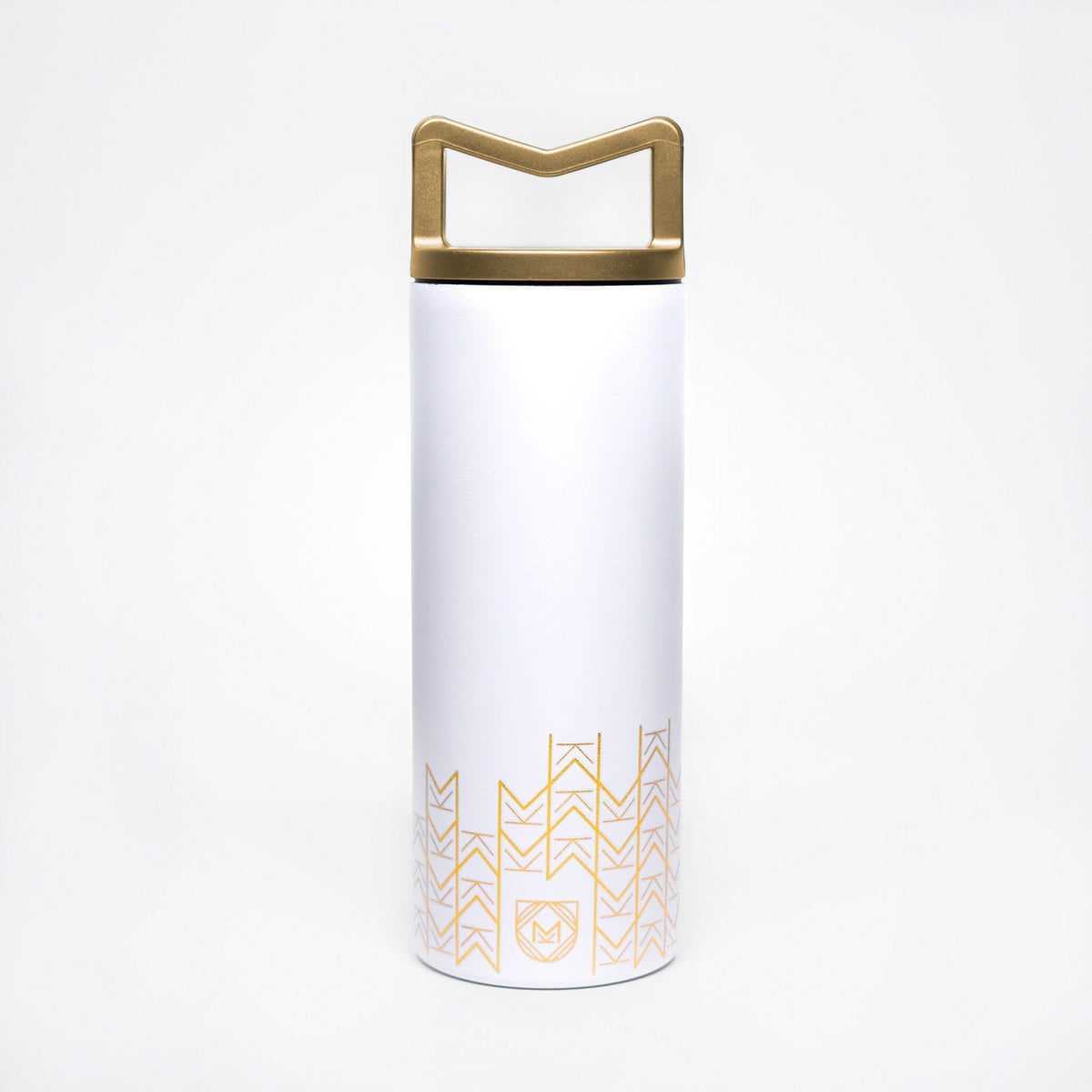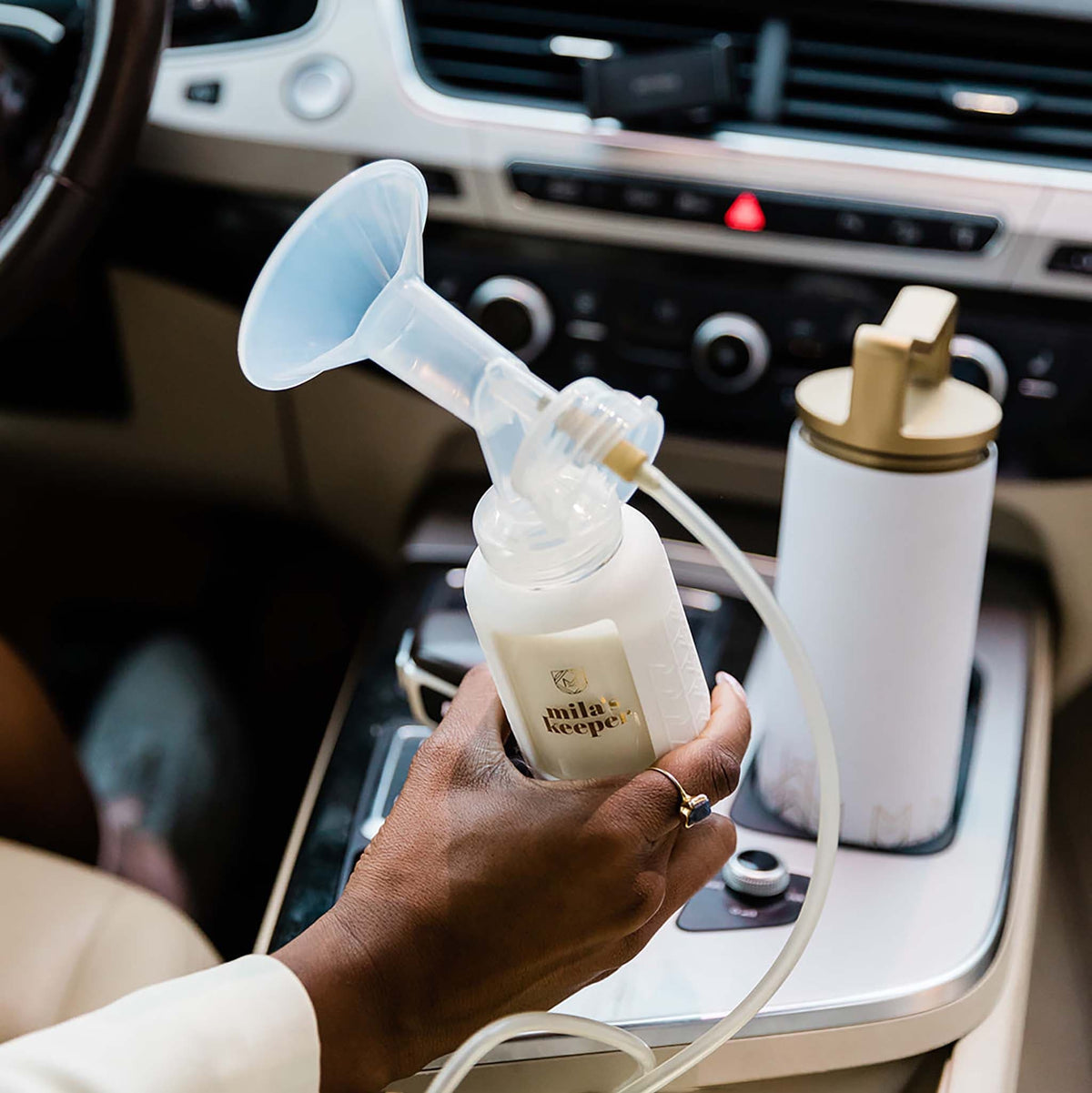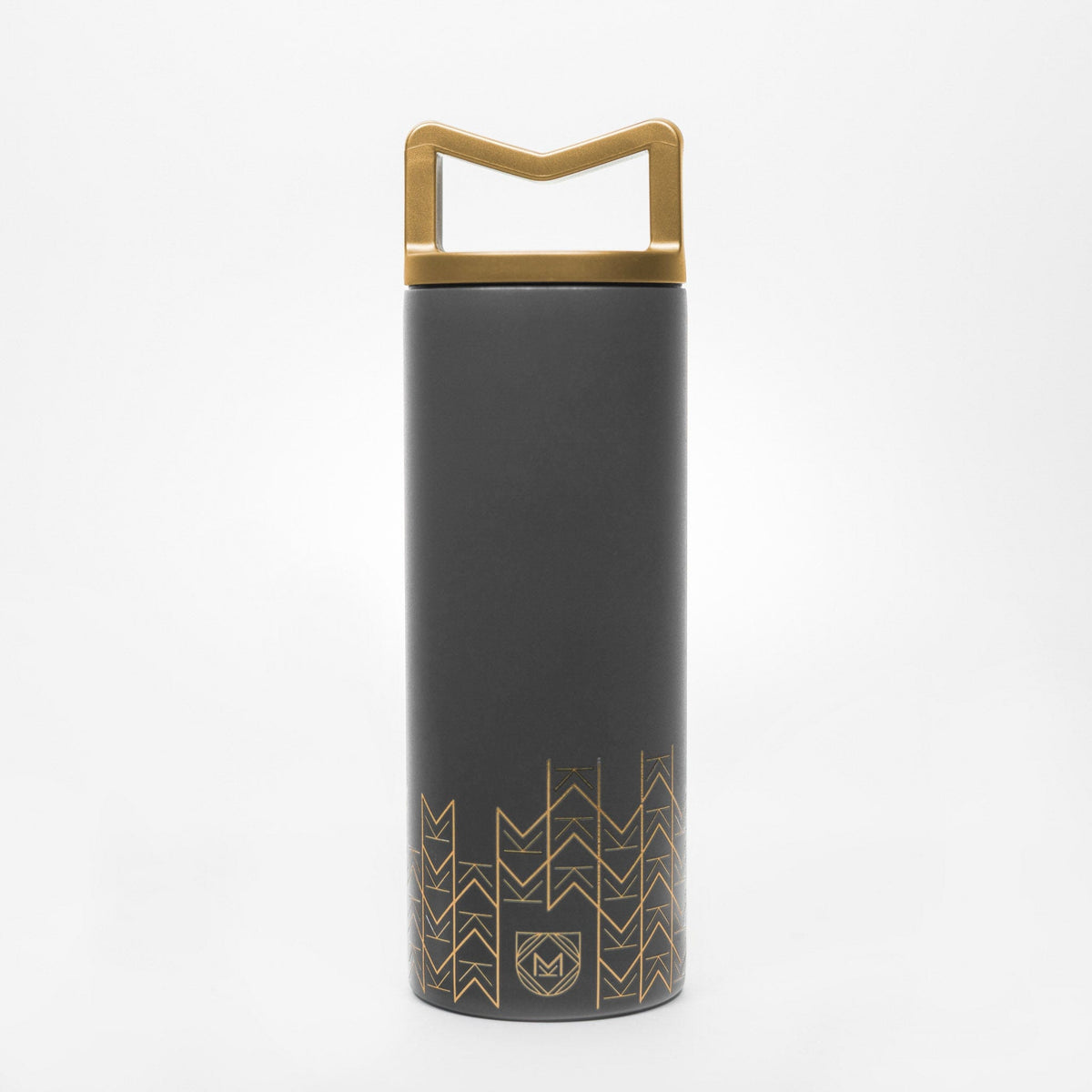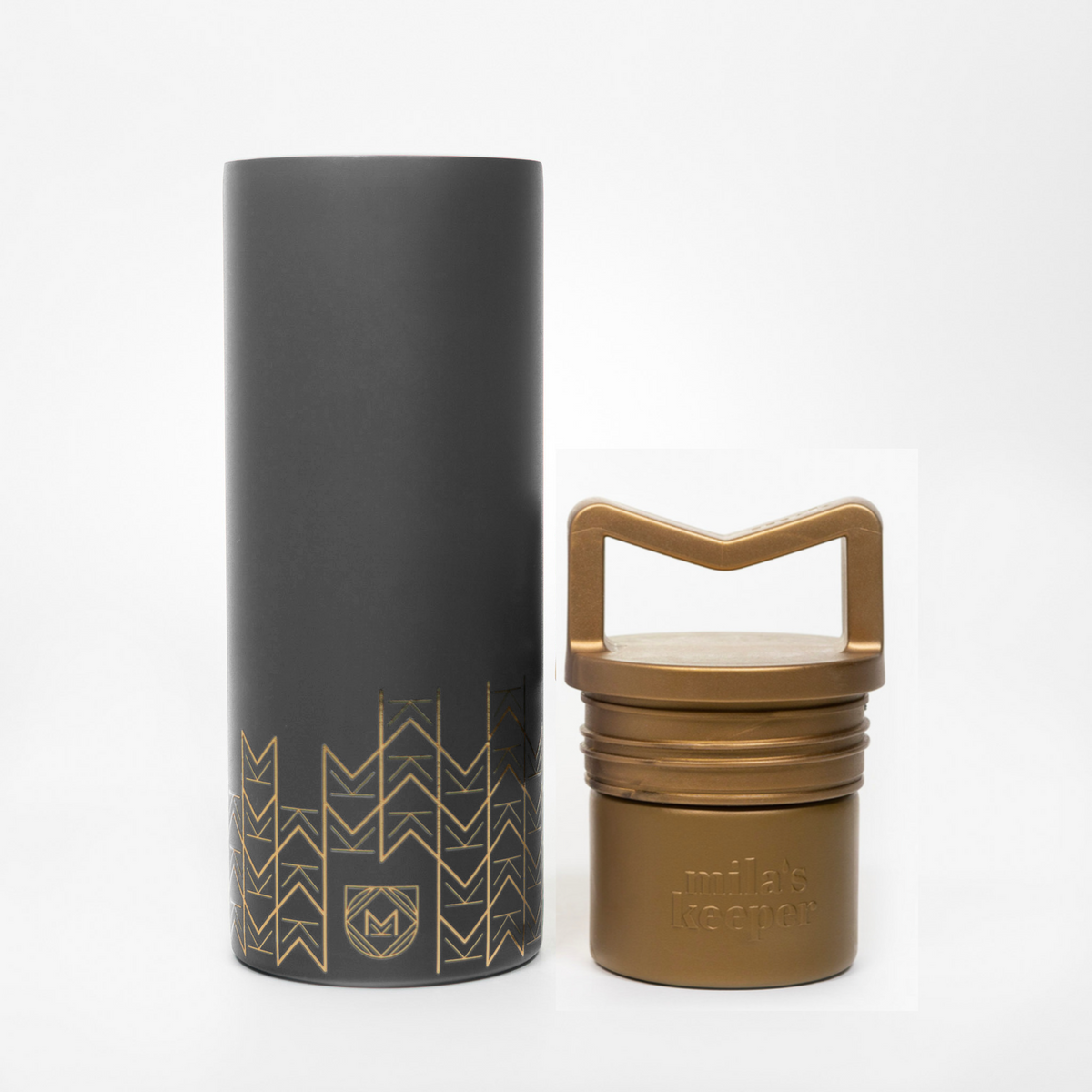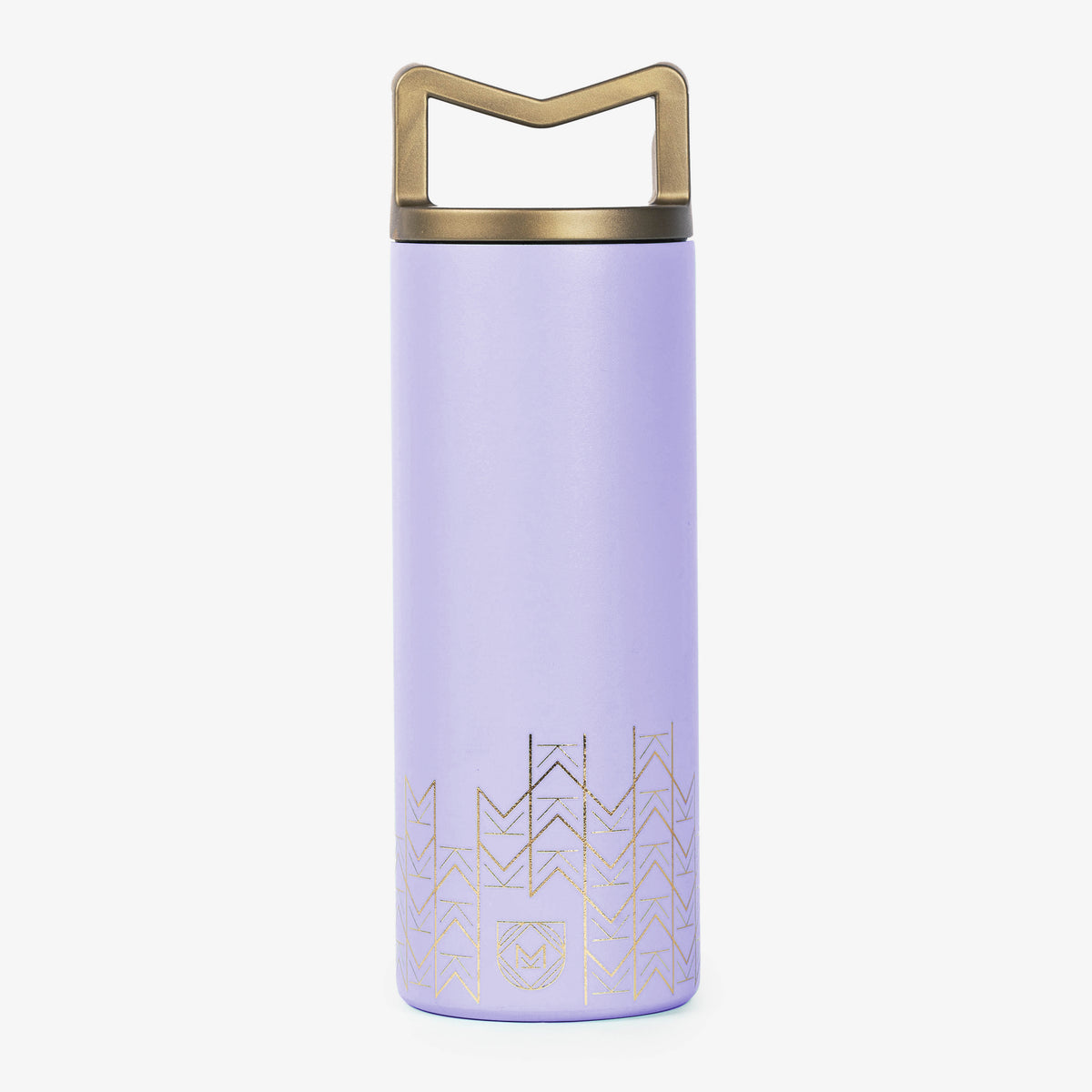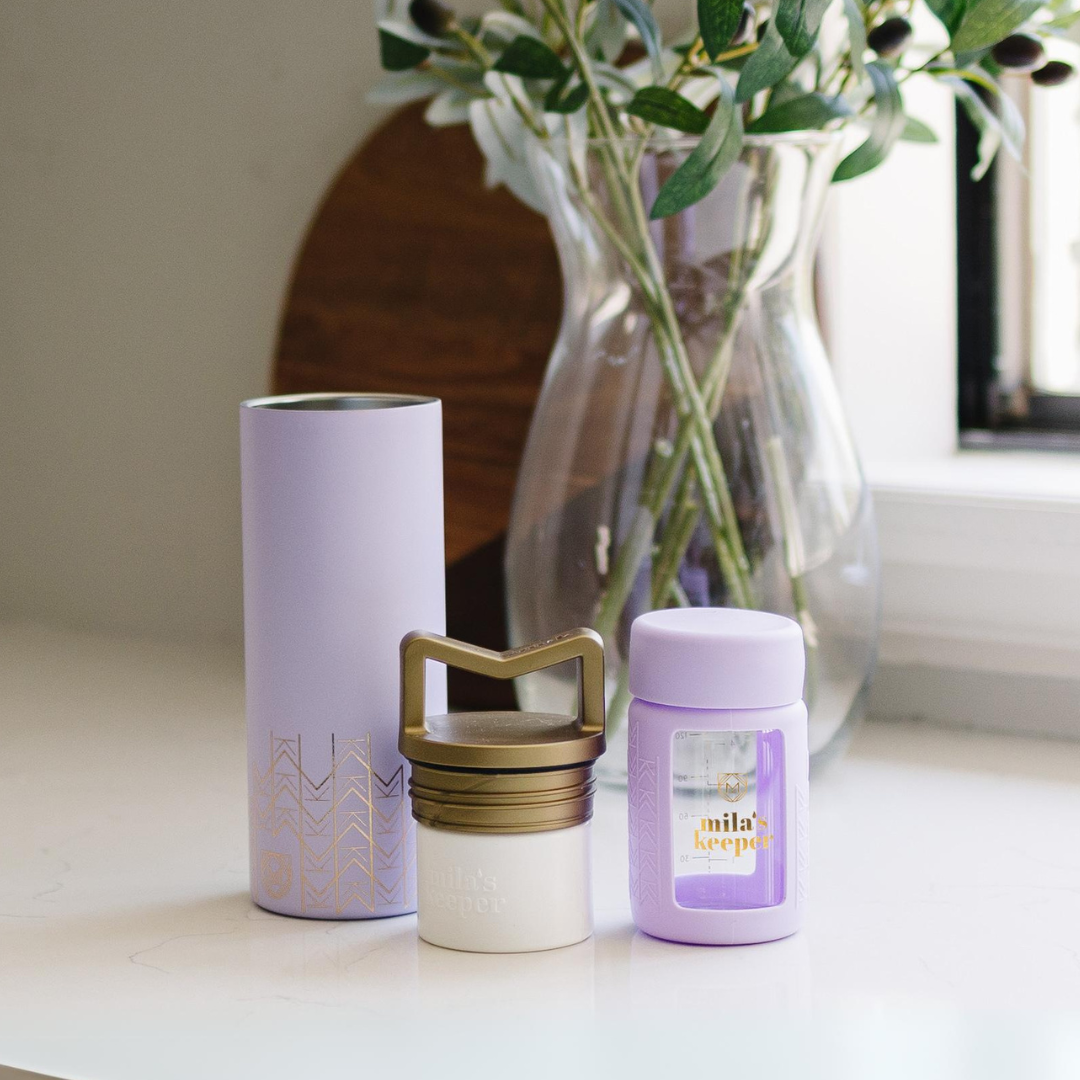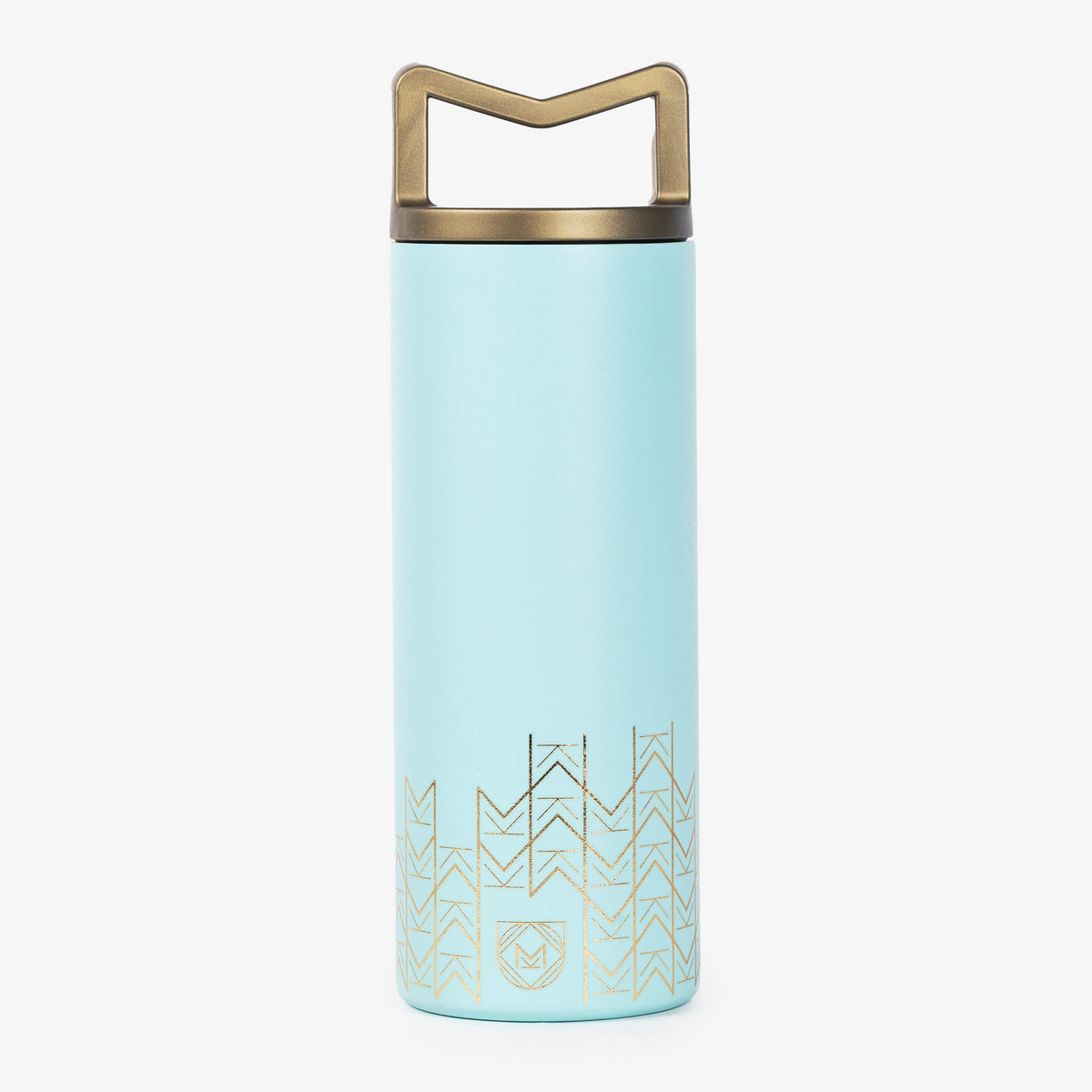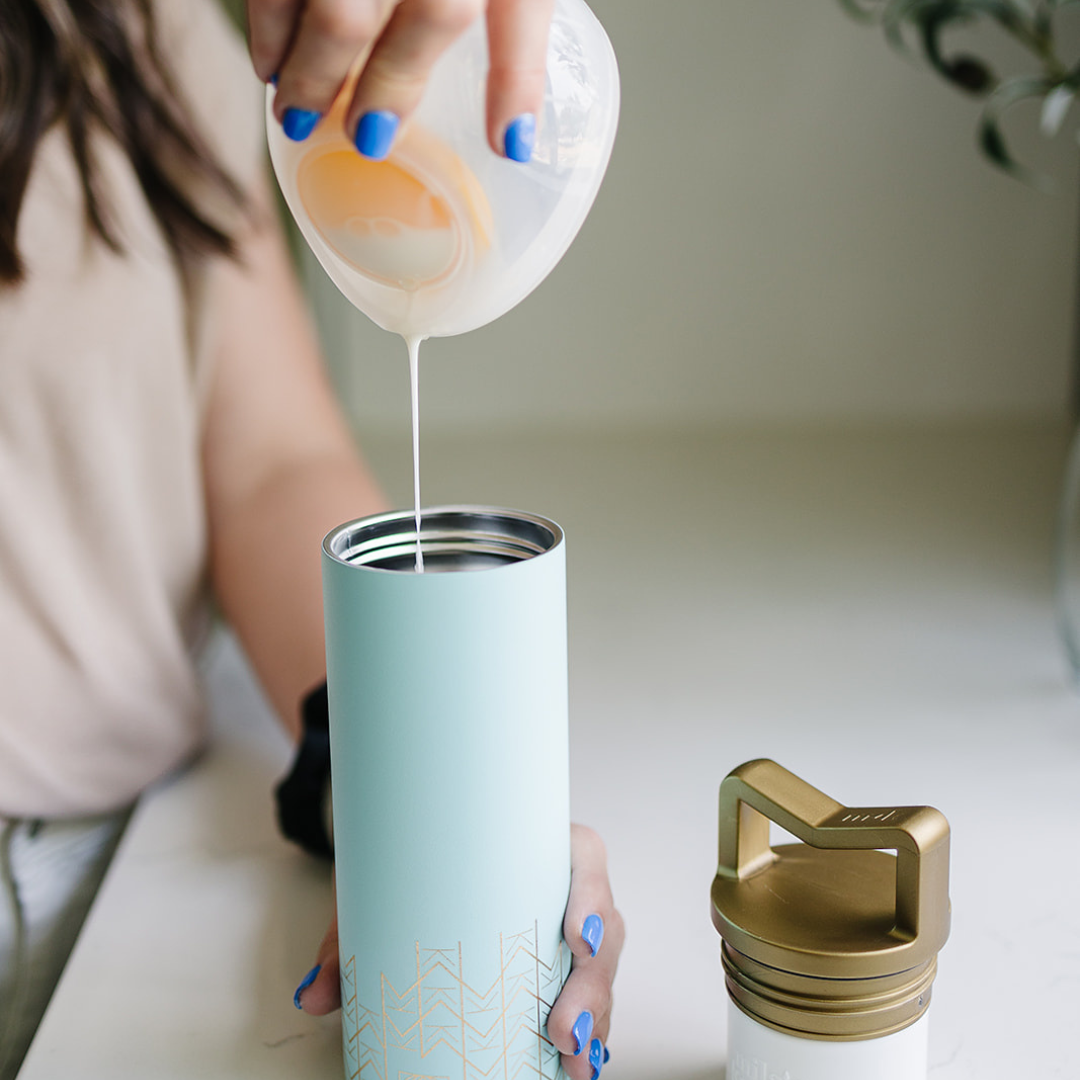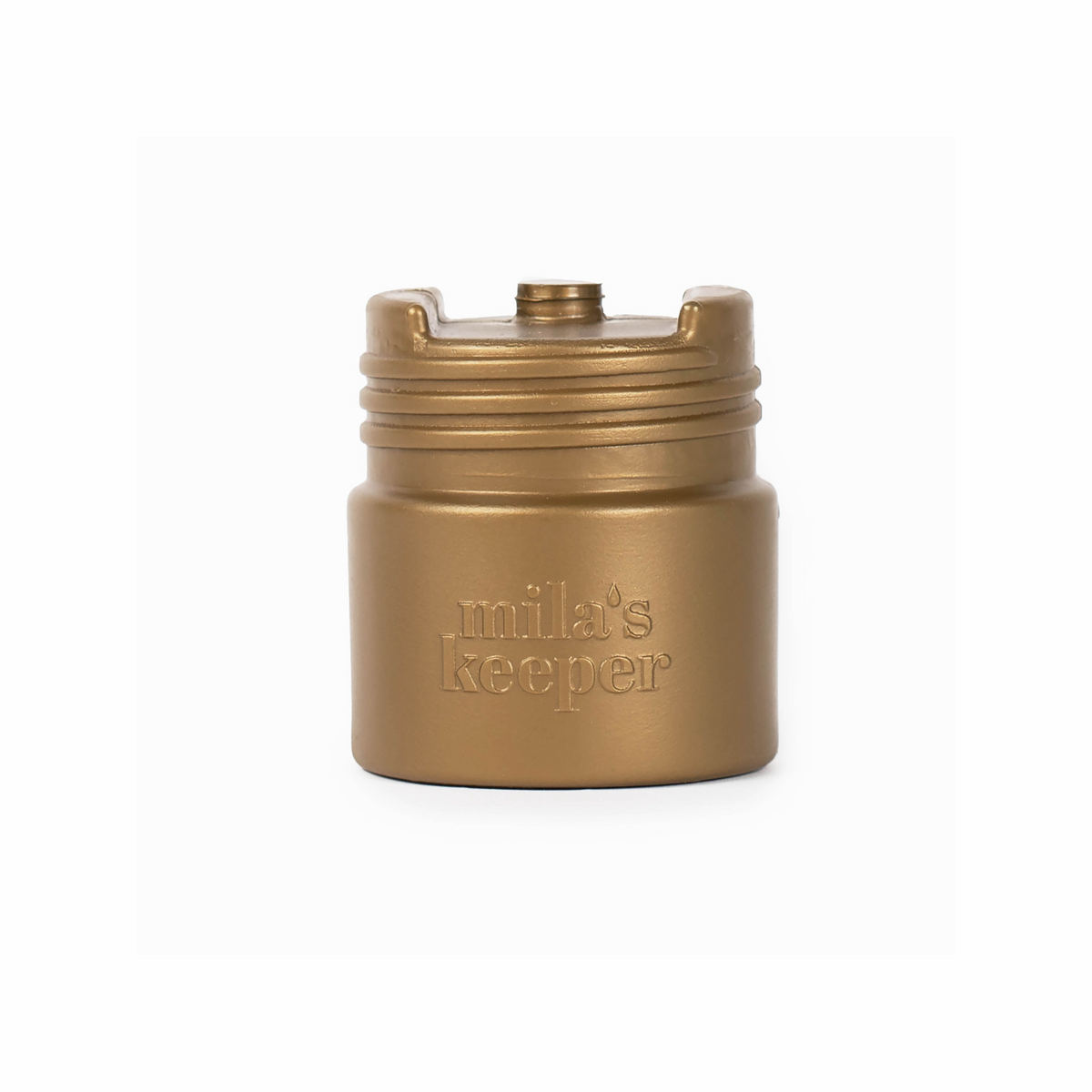Working women have a lot on their plate, especially when it comes to being a mother. If you're a working mama, we'll let you know all you need to know about maternity leave.
Today, mothers make up a considerable part of the workforce and they also possess the incredible power of motherhood. So when it comes time to embark on the beautiful and rewarding adventure of childbirth, taking time off work is a crucial step.
Keep reading and we'll let you know what you need to know about maternity leave for both you and your new baby.
See Related: 6 Tips For Breast Milk Storage: How Long Can Breast Milk Sit Out?
1. What Exactly Is Maternity Leave?
Mamas or soon-to-be mamas have a lot on their plate when figuring out the best way to take care of their little ones. Especially for new mothers, there's a large abundance of information to dissect and try to understand.

A relatively complicated topic that can confuse many new parents is the subject of maternity leave. Especially in the United States, it can be quite a handful of information that can sometimes be hard to decipher.
Many women can feel overwhelmed by all the technical talk behind taking leave. So let's just start with the basics; what exactly is maternity leave?
Whenever a new mother takes time off work for either the birth or the adoption of a new child, that's what maternity leave is. There's also paternity leave for the dad and family leave or parental leave for both parents.
Most of the specific details for your own maternity leave are determined by the company you work for.
Family and Medical Leave Act (FMLA)
If you've been looking into the details of maternity leave, you've probably heard about the Family and Medical Leave Act (FMLA). In the United States, the FMLA is the federal law enacted in 1993 that gives eligible employees leave from their place of work to welcome a new little one into their family!
Under the FMLA, certain companies are required to give new parents 12 weeks of unpaid leave within 12 months of the birth of a new child (this also applies to adoptive parents!). This way, when you take your maternity leave you can freely return to the same company with your job secure and waiting for you.
But when it comes down to it, only 60% of employees in the United States are actually eligible for FMLA leave and benefits.
For example, private employers are only held accountable under the FMLA if they have 50 or more employees within 75 miles of their workplace. Another instance would be if your absence from your workplace would cause your company significant financial harm (but this is pretty rare).
Another detail about the FMLA is that you will still have your health insurance coverage during your leave. Employers are required to provide you with the same level of health insurance coverage you would have had if you weren't on leave.
The PUMP Act
The workplace has come a long way in terms of creating a welcoming and comfortable environment for working mamas. But there's still a long way to go.
For a long time, lactation advocates have been pushing for employers to provide working moms with a comfortable time and safe, private place to pump milk.
The PUMP for Nursing Mother's Act was one way that advocates lobbied for working mothers. Breastfeeding moms in the workplace deserve immense support for what they do for not only their families but for society as a whole.
Here at Mila's Keeper, we want to support all the hardworking mamas out there because we know what it's like to be faced with these types of challenges.

That's why we created our glass breast milk bottles, perfect for storing your liquid gold no matter where you are. Made with no plastics and no toxins, our bottles are compatible with all the popular breast pumps you may use while pumping at the workplace or just on-the-go.
And since an important part of breast milk storage is keeping your milk cold, for mamas who don't have access to a refrigerator during the long hours of the day we made our signature insulated coolers. These stylish and portable coolers can keep your milk cold for up to 20 hours.
You won't need to worry about pumping or even storing your breast milk at work anymore. We've got you covered!
2. How Long Is Maternity Leave?
When taking time off to give birth, it's more than normal for new mamas to want to spend as much time as possible with their little ones. Mothers need time to recuperate and form essential bonds with their children as they become accustomed to the world.
Under the Family and Medical Leave Act, only eligible employers are required to provide 12 weeks of leave for new parents. 12 weeks may sound like enough (or nothing at all), but either way, that time will surely fly.
Luckily, there are methods out there to add a little bit of extra time off to your leave. It's common for new mamas to take sick leave, personal days, or vacation days to increase their time at home with their little ones.
Another way is by qualifying for short-term disability, which can cover 50% to 100% of your salary for six weeks if you cannot work due to childbirth.
It is also possible to qualify for maternity disability or temporary disability if you cannot return to work after birth due to medical reasons. But with this option, only five states in the U.S. offer temporary disability plans, and it outright excludes new dads and adoptive parents.
With all these options floating around, remember you can still try to negotiate with your employer! You might be surprised how easy it is to bump those 12 weeks off up to 6 months.
Bonus: Benefits Of Breastfeeding From Month To Month
3. Is Maternity Leave Paid?
Working females are the backbone of many families. So, of course, if you're taking a leave to become a new mama, you want to know if you can still expect your paycheck!
Unfortunately, it's a common misconception that any medical leave is synonymous with paid family leave. When you take maternity leave, that doesn't always mean that you'll be having paid time off.
Under the FMLA, many companies are required to provide 12 weeks of unpaid family leave for new mamas. So it's really up to your employer if they want to upgrade your family leave to paid leave!
However, specific states guarantee paid family leave, such as Rhode Island and California. On top of that, if you're a federal employee, your 12 weeks off will be paid leave.
And even so, it's becoming increasingly popular for employers to offer paid parental leave as an enticing benefit for prospective employees. Make sure to talk to your employer to find out what options you have.
4. When's The Best Time To Take Maternity Leave?
Motherhood is a sacred and glorious journey, and one of the most beautiful parts is how it truly is a unique experience for each woman. Deciding when to take your maternity leave is a choice that should be made based on your body, feelings, and family.

Many mamas take their time off a week or a month before their due date, which is the most uncomfortable time during pregnancy. This also gives you some time to prepare both mentally and physically.
Just remember to listen to your body. It will likely guide you in the right direction of when to take your time off.
But still, make sure you at least give your employer a 30-day notice (per the FMLA).
5. How To Prepare For Maternity Leave
Maternity leave is an exciting part of the path to motherhood. The chance to take time off work to be with your new baby is an enlightening and warming experience every new mama should have!
But before you leave your workplace for your 12 weeks at home, it's vital to adequately prepare. Especially if you're taking unpaid leave, it will be very important to properly address your finances. Also, make sure to take into consideration possibly unforeseen occurrences that could affect your plan.
And of course, let your employer and your company's human resources department know about your upcoming leave. Many employers might also offer paid leave if you open up the conversation to it.
Keep in mind that your coworkers will likely need to adjust their workday to account for a missing team member. Make sure to give them time to plan and prepare for your absence.
Upkeeping communication with your company's human resources department is vital both before you leave and for when you'll be returning. Keep your whole team in the loop!
When it comes down to it, there's quite a handful that goes into taking leave to go become a mother. But you've got a lot of people on your side, including our team of breastmilk aficionados here at Mila's Keeper.
We can't wait to take this journey with you!
Keep Reading: 5 Things You Should Know About Exercising While Breastfeeding
--
A female-designed and female-run company, Mila's Keeper is on a mission to empower women to thrive during their breastfeeding journey by offering reusable, eco-friendly breast milk storage solutions for their day-to-day needs. Get the latest tips and info on Mila's Keeper products by following us on Facebook, Twitter, Instagram, Pinterest, and LinkedIn.


